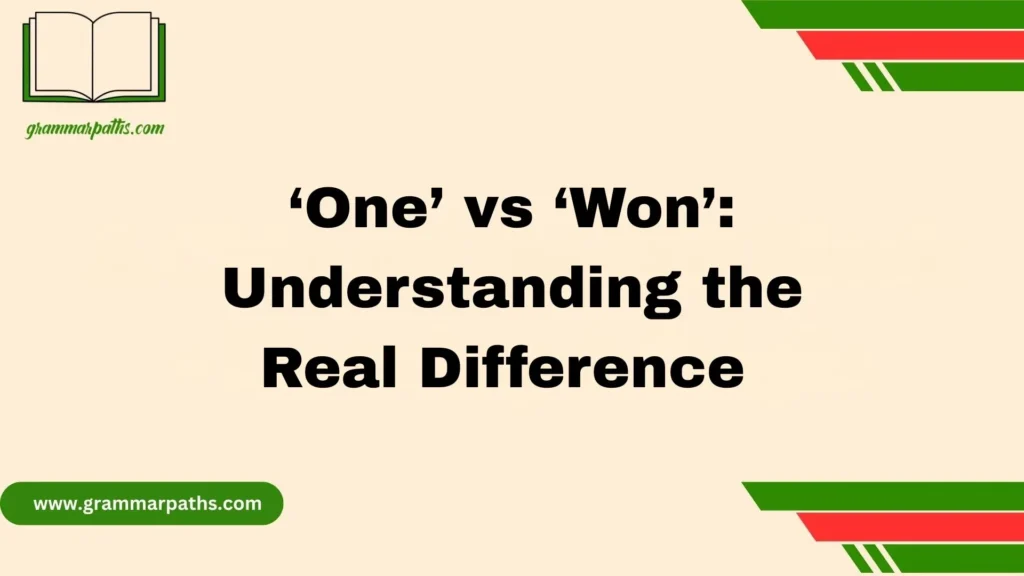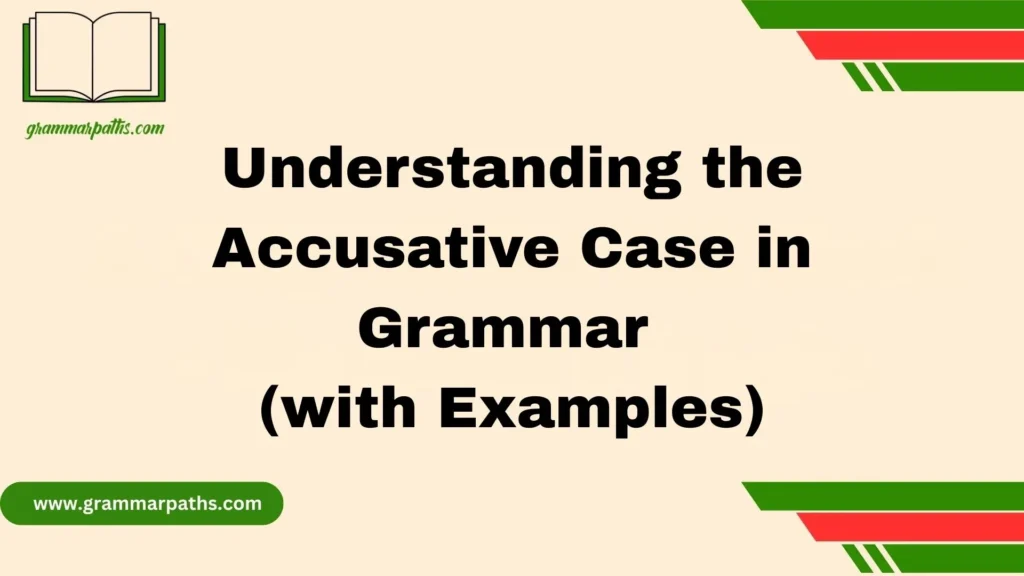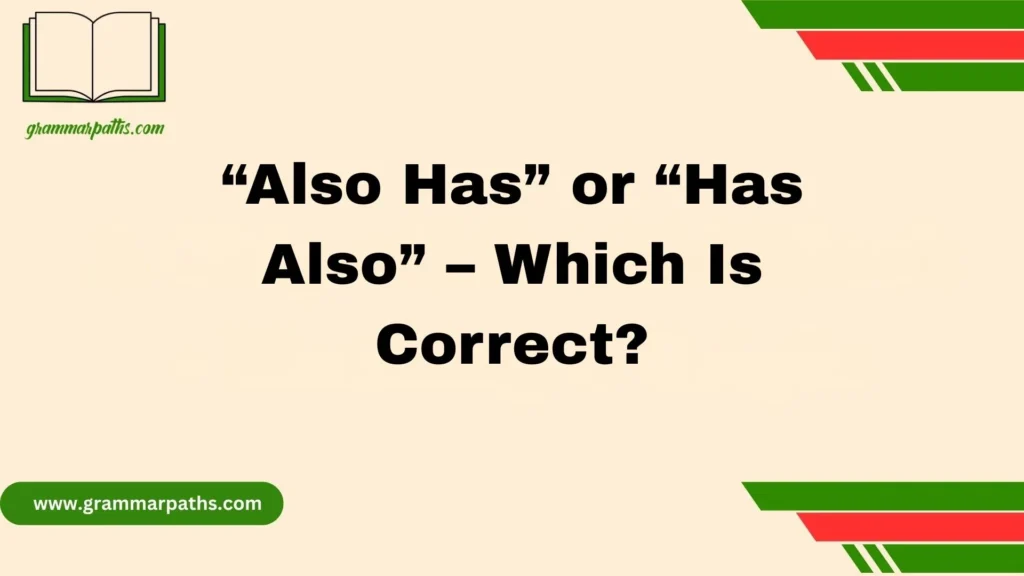Mastering the predicate nominative can significantly enhance your writing and communication skills, even if grammar often feels like a complex puzzle. This grammatical element connects the subject with a word that identifies or renames it, strengthening your sentence structure and making your ideas clearer. When you focus on the simple use of this concept, you gain more confidence and sharpen your overall language skills.
Through clear examples, helpful guides, and real applications, you can better understand how the predicate nominative works in practice. It’s not just about rules—it’s about effective, accurate expression. I’ve found that learning these principles gives you more control over how you write and speak.
Understanding the function of this structure is essential for improving clarity in your sentences. As you become more comfortable using it, your ability to communicate with precision naturally grows. Don’t underestimate how such a seemingly small piece of grammar can transform your writing—it’s a key step toward mastering the mechanics of language.
Why Understanding Predicate Nominatives Matters
In everyday speech and writing, we often link subjects to other nouns that rename or identify them. These words are called predicate nominatives, and they help define the subject more clearly.
Here’s why this matters:
- Improves sentence clarity and structure
- Helps in writing grammatically correct sentences
- Essential for mastering pronoun case usage
- Shows up frequently in standardized tests (SAT, ACT, TOEFL)
Think of predicate nominatives as the mirrors of the subject—they reflect back what the subject truly is.
What Is a Predicate Nominative?
A predicate nominative (also known as a predicate noun) is a noun or pronoun that follows a linking verb and renames or identifies the subject of the sentence.
Basic Structure:
Subject + Linking Verb + Predicate Nominative
Example:
Emma is a doctor.
“Doctor” renames “Emma” → Predicate Nominative
It doesn’t just describe the subject (like an adjective would); it is the subject—restated differently.
How Predicate Nominatives Work in Sentences
Let’s look at how this actually plays out in sentences.
| Element | Example | Explanation |
| Subject | She | Who or what the sentence is about |
| Linking Verb | is | Connects subject to more information |
| Predicate Nom. | a teacher | Renames the subject “she” |
Example Sentences:
- My brother is a musician.
- They are engineers.
- It was John who called.
In all of these, the noun after the linking verb identifies the subject.
Linking Verbs: The Key to Unlocking Predicate Nominatives
You cannot have a predicate nominative without a linking verb. These verbs do not show action, but instead connect the subject to additional information.
Common Linking Verbs:
- Forms of “be”: is, am, are, was, were, be, being, been
- Others: become, seem, appear, feel, look, remain, sound, stay, taste
Not Action Verbs:
Predicate nominatives do not follow action verbs.
Wrong: She plays a pianist. (Incorrect)
Right: She is a pianist. (Correct)
Examples of Mistakes:
- He became angry. → “Angry” is not a noun → Not a predicate nominative
- He became a leader. → “Leader” is a noun → Predicate nominative
Predicate Nominative vs. Predicate Adjective
These two terms get confused often, but they’re different.
| Feature | Predicate Nominative | Predicate Adjective |
| Word type | Noun or pronoun | Adjective |
| Function | Renames subject | Describes subject |
| Following linking verbs? | Yes | Yes |
| Example | Sarah is a lawyer. | Sarah is smart. |
Quick Test:
“He is a singer.”
Predicate Nominative → “Singer”
“He is talented.”
Predicate Adjective → “Talented
Compound Predicate Nominatives
Sometimes, the subject is identified with more than one noun. That’s called a compound predicate nominative.
Example:
My best friends are Sarah and Kevin.
- “Sarah” and “Kevin” both rename “friends”
- Joined by “and” → compound
How to Identify:
- Look for a subject.
- Find the linking verb.
- See if multiple nouns rename the subject.
| Sentence | Compound Predicate Nominative |
| My parents are teachers and artists. | teachers, artists |
| The winners were John, Nina, and Lee. | John, Nina, Lee |
Avoid mistaking them for a list of objects—they’re equal to the subject, not acted upon.
Choosing the Correct Pronoun Case in Predicate Nominatives
One of the trickiest areas is choosing the right pronoun case.
Subjective or Objective?
Predicate nominatives always use the subjective case (I, he, she, we, they).
Common Error:
It is me.
It is I. (Grammatically correct, though less common in conversation)
| Pronoun Case Table |
| I → Correct |
| Me → Incorrect |
| He → Correct |
| Him → Incorrect |
| She → Correct |
| Her → Incorrect |
| We → Correct |
| Us → Incorrect |
| They → Correct |
| Them → Incorrect |
In Conversation vs. Writing:
In speech, “It’s me” is widely accepted. But in formal writing or tests, use:
“This is she.”
“It was we.”
Common Mistakes and How to Fix Them
Let’s highlight some frequent errors and how to correct them.
Mistake: Using object case pronouns
The winner was her.
Correction: The winner was she.
Mistake: Misidentifying action verbs
He runs a teacher.
Correction: He is a teacher.
Mistake: Confusing predicate nominative with direct object
We elected her president. → “President” is object complement, not predicate nominative.
Predicate Nominative in Literature and Daily Speech
Predicate nominatives aren’t just for grammar books. You’ll find them in famous lines, everyday talk, and professional writing.
Literary Examples:
“I am the master of my fate.” – William Ernest Henley
Predicate Nominative: “master”
“You are the sunshine of my life.” – Stevie Wonder
Predicate Nominative: “sunshine”
Real-Life Examples:
- “This is my friend.”
- “He was the CEO.”
- “They are the champions.”
These expressions are powerful because they identify and define the subject clearly.
Why Predicate Nominatives Matter
Still wondering why this grammar concept deserves your attention?
Here’s why:
- Helps you write and speak with precision
- Prevents common pronoun errors
- Required in academic essays, professional writing, and exams
- Boosts your confidence in sentence construction
Case Study:
A college entrance essay once included the line:
“It was me who led the project.”
The grammar check flagged it as wrong.
Correct version:
“It was I who led the project.”
That small tweak reflected grammar mastery, setting the tone for the entire essay.
Practice: Identify the Predicate Nominatives
Try identifying the predicate nominatives in the sentences below.
Practice Sentences:
- My uncle is a dentist.
- The winners were Mike and Lena.
- That man is he.
- The problem is the timing.
- It was I who called.
Answer Key:
- Dentist → renames “uncle”
- Mike, Lena → compound, renaming “winners”
- He → subjective pronoun renaming “man”
- Timing → predicate nominative
- I → correct subjective pronoun
Quick Reference Table: Predicate Nominative Essentials
| Feature | Description |
| Definition | Noun/pronoun renaming subject after linking verb |
| Verb Type Needed | Linking verb (e.g., is, are, was, become) |
| Pronoun Case Used | Subjective (I, he, she, we, they) |
| Examples | “She is a doctor.” / “It was they.” |
| Common Confusions | Predicate adjective, object complement |
Conclusion: Mastering the Building Blocks of Grammar
Predicate nominatives might sound intimidating at first, but they’re just a simple way of saying what or who the subject is. Whether you’re writing an email, giving a speech, or prepping for an exam, this concept helps you craft grammatically solid and meaningful sentences.
Here’s what to remember:
- Use a linking verb
- Follow it with a noun or pronoun
- Make sure it renames the subject
- Always use subjective case pronouns
FAQs About Predicate Nominatives
What is a predicate nominative in simple terms?
A predicate nominative is a noun or pronoun that comes after a linking verb and renames or identifies the subject of the sentence. It’s a way of telling you what the subject is.
Example: Anna is a teacher.
“Teacher” renames “Anna,” so it’s a predicate nominative.
How is a predicate nominative different from a direct object?
A predicate nominative comes after a linking verb and renames the subject, while a direct object follows an action verb and receives the action.
| Predicate Nominative | Direct Object |
| She is a leader. | She leads a team. |
Can a predicate nominative be more than one word?
Yes! When more than one noun renames the subject, it’s called a compound predicate nominative.
Example: My heroes are doctors and nurses.
Both “doctors” and “nurses” rename “heroes,” making this compound.
Which verb forms are used with predicate nominatives?
Linking verbs are required. These include:
- Forms of “to be”: is, am, are, was, were, be, being, been
- Others: become, seem, appear, look, remain
Tip: If the verb shows action, it can’t take a predicate nominative.
Is “It is me” or “It is I” correct?
Grammatically, “It is I” is correct because “I” is in the subjective case, which is required for predicate nominatives. However, “It is me” is widely accepted in casual speech.
Use “It is I” in formal writing or tests.
Use “It is me” in informal conversation.

Grace Marie is the dedicated writer behind GrammarPaths.com, where she shares her passion for English grammar, idioms, and writing mastery. With a strong background in language studies and years of experience helping learners improve their communication skills, Grace creates clear, practical, and engaging content that makes English easy to understand.












